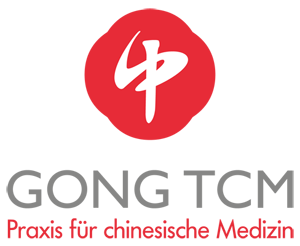About TCM
Qi, Blood & Fluids
Qi and blood play a special role in Chinese medicine. The eastern concept of Qi has many equivalents in the Western languages. On the one hand it is the power and energy that allows everything in nature to live and function. On the other hand, it is also some kind of subtle material, such as air, steam or breath, which is spread everywhere and comes to life. Qi is matter and energy at the same time. It is understood through its’ function. Qi flows continuously. When Qi ceases to flow, there is death.
There is only one kind of Qi, however it expresses itself in many forms: ‘Heavenly Qi’ (which we breath), ‘Nourishing Qi’ (which reaches the body through foods), ‘Original Qi’ (in the form of genetic material and special talent that we posses), etc..
For the Chinese however, Qi is not an esoteric concept, but instead something quite tangible that can clearly be experienced by everyone. In line with this understanding, the Chinese have developed and cultivated Qi in the exercises of Qigong, Taichi and other martial arts.
Xue 血
The concept of blood (Xue) is used in the theory of Traditional Chinese Medicine. Xue is often translated as blood, but it has a much broader meaning than the blood in the Western sense.
Xue is also a form of Qi, but in a very material state. Without Qi, Xue would only be a shapeless motionless liquid. The blood in Chinese medicine not only flows in the veins and arteries, but also in the meridians. Xue is also closely related to Qi. This relationship results in a wide range of reciprocal influences. All these influences must be taken into account by the physician, when making a TCM diagnosis.
The Basic Principles of Blood Production:
In Chinese medicine, there are two separate cycles of blood formation in the body. The so-called ‘Pre-heaven Qi cycle’ uses food and fluids (Gu Qi) to form blood. The ‘Post-heaven Qi cycle’ uses Yuanqi and kidney-qi to produce bone marrow, which in turn produces blood. The blood is circulated by the heart and stored in the liver.
The Functions of the blood in the body:
- It moisturizes and provides nourishment to the organs, bones, muscles, tendons, and skin.
- It houses the Shen (the spirit or the personality in its’ totality). It is for this reason that pathologies of Xue are able to provoke psychosomatic symptoms such as anxiety, irritability or insomnia
- It is necessary to ensure fertilization.


